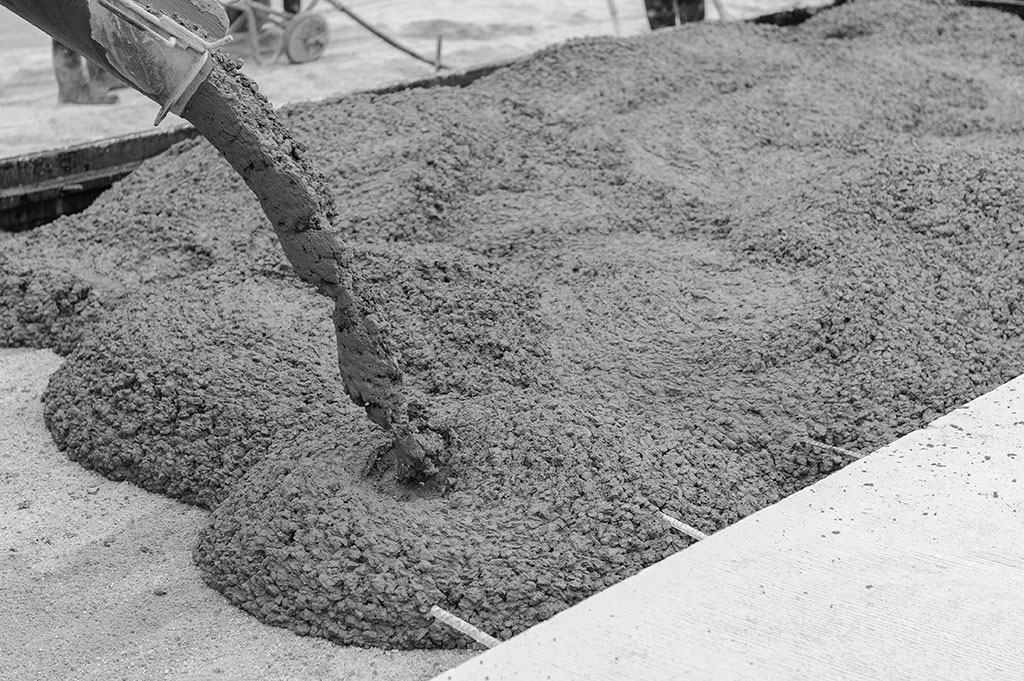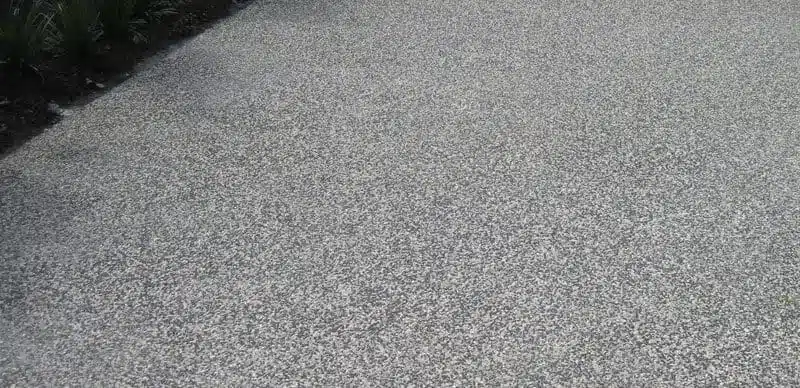Specialist Concrete Installment: Transforming Your Space with Strong Foundations
Wiki Article
Unveiling the Eco-Friendly Advantages of Utilizing Recycled Concrete in Lasting Construction Practices
In the world of lasting construction methods, the use of recycled concrete stands as a pivotal yet commonly undervalued resource. Beyond its traditional applications, recycled concrete offers a myriad of green benefits that expand much past the boundaries of traditional building and construction products. From lowering ecological influence to enhancing cost-efficiency, the implications of including recycled concrete in sustainable building techniques are considerable. This flexible material not only addresses pushing ecological worries but likewise offers a feasible remedy to the challenges faced by the construction sector at big.Ecological Benefits
By including recycled concrete right into construction methods, there is a considerable decrease in the requirement for brand-new raw products, leading to conservation of all-natural sources. In addition, the use of recycled concrete reduces the amount of waste being sent out to landfills, consequently minimizing environmental air pollution and relieving the stress on land fill capabilities (Concrete).

In contrast, recycled concrete has a reduced carbon footprint as it minimizes the need for brand-new concrete manufacturing. Generally, the ecological advantages of utilizing recycled concrete are considerable and play an essential role in advertising green building methods.
Cost-Efficiency
When assessing the use of recycled concrete in construction tasks,Achieving cost-efficiency is an extremely important consideration. Among the key advantages of making use of recycled concrete is its cost-effectiveness compared to conventional concrete. The production of recycled concrete includes much less power and resources as it uses existing products, reducing the general task expenses substantially. Additionally, the accessibility of recycled concrete locally can additionally lower transportation costs, making it an extra cost-effective option for building projects.Additionally, using recycled concrete can bring about financial savings in land fill prices by drawing away concrete waste from disposal websites. This not just lowers the ecological influence yet additionally removes the prices linked with waste elimination. Furthermore, the sturdiness and efficiency of recycled concrete approach standard concrete, ensuring that cost savings do not compromise the quality of the construction.
Longevity and Strength
Recycled concrete offers equivalent, if not exceptional, longevity and stamina residential or commercial properties to typical concrete - Concrete. With innovations in processing methods and top quality control, recycled concrete can meet or surpass the efficiency standards of traditional concrete.
Waste Reduction
Efficient waste reduction methods play an essential function in the lasting application of sources within the building market. When it involves using recycled concrete, waste reduction is an essential advantage that adds dramatically learn this here now to environmental conservation. Traditional construction methods frequently produce considerable amounts of waste, especially in the type of concrete rubble from demolition sites. By incorporating recycled concrete into construction projects, this waste is repurposed and diverted from landfills, reducing the overall environmental impact of building and construction tasks.Recycled concrete not just assists in reducing the quantity of waste that finishes up in land fills but likewise conserves natural sources by reducing the need for brand-new accumulated materials. This process of waste decrease advertises a round economic climate within the building industry, where products are recycled and recycled to produce a more lasting market. Additionally, using recycled concrete can lead to set you back savings for construction jobs, as it is typically more budget-friendly than sourcing and carrying brand-new materials. To conclude, waste decrease via the use of recycled concrete is a vital part of sustainable link building practices that benefits both the setting and the building market as a whole.
Power Preservation
When it comes to making use of recycled concrete in building and construction, considerable energy savings are attained contrasted to conventional concrete production. The procedure of creating recycled concrete includes reusing and crushing existing concrete products, which consumes much less power than mining, processing, and transferring raw products for new concrete production.Verdict
In verdict, the use of recycled concrete in sustainable construction techniques uses various environmental advantages, cost-efficiency, toughness, stamina, waste reduction, and power conservation. By including recycled concrete into building and construction jobs, we can add to an extra eco-friendly and lasting future. It is important for the building and construction industry to focus on making use of recycled products to help in reducing the ecological impact of building tasks.One of the key benefits of using recycled concrete is its cost-effectiveness compared to typical concrete.Additionally, the usage of recycled concrete can lead to cost savings in land fill costs by diverting concrete waste from disposal websites. The resilience and efficiency of recycled concrete are comparable to traditional concrete, making certain that cost savings do not endanger the quality of the building.

Report this wiki page